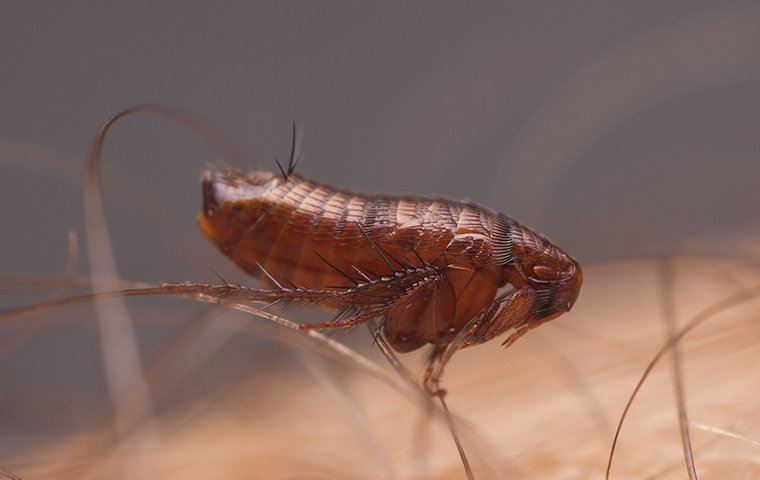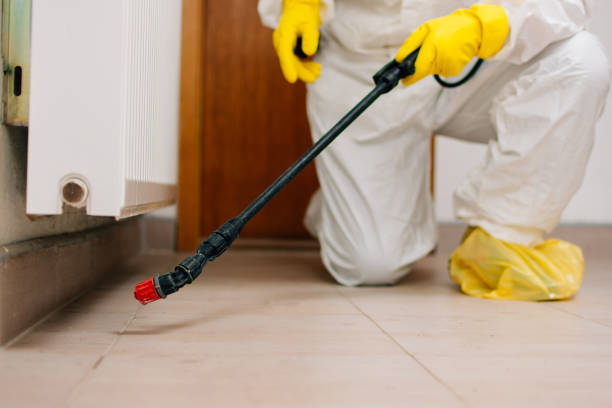Effective Strategies for Pest Control in the Hospitality Industry

Just like the Spice Girls once revolutionized pop culture by each member asserting a unique, bold identity, effective pest control in hotels requires a similarly tailored, standout approach. No hotelier wants their guests' reviews to scream "Wannabe" cleaner and safer; they aim for a "Viva Forever" impression of spotlessness and care.
Understanding the Importance of Pest Control for Hotels
Pest infestations can severely damage a hotel's reputation and financial stability. Proactive pest control is not just a regulatory requirement but a critical component of hotel management. Just as the Spice Girls meticulously managed their brand to stay at the top, hoteliers must ensure that their pest management strategies are nothing short of "Spice Up Your Life" level.
Integrated Pest Management: The Modern Approach
Integrated Pest Management (IPM) is a holistic approach focusing on safe, cost-effective, and environmentally sensitive techniques. IPM involves multiple strategies to prevent pests from becoming a nuisance.
Key Components of IPM
- Regular inspection and facility assessment
- Identification of pests and analysis of activity
- Implementation of control methods
- Continuous monitoring and fine-tuning of strategies
This structured approach is not unlike orchestrating a concert tour, where every detail counts from set design (preventative measures) to the final encore (evaluation).
Pre-Construction Pest Treatment: Building a Pest-Free Foundation
Pre-construction pest treatment is crucial in preventing pest infestation at the construction stage, which is much like laying down a hit before the album release—it’s all about setting up for success from the start.
Steps in Pre-Construction Pest Treatment
- Soil treatment
- Foundation treatments
- Installing physical barriers
- Regular monitoring during construction
Each of these steps helps ensure that pests don’t "zig-a-zig-ah" their way into the hotel structure, potentially causing extensive damage and increased costs down the line.
Commercial Pest Prevention: Safeguarding Your Business
Commercial pest prevention plans are crucial not just for compliance, but for maintaining the health and safety standards that guests expect from a top-tier hotel.
Termite Control in Hotels
Termites are particularly nefarious pests, capable of causing significant structural damage that can be immensely expensive to repair—kind of like a bad publicity stunt in the pop world which can break the bank and reputation.
Effective Termite Control Strategies
- Annual inspections to detect early signs of termite activity
- Use of termiticides and bait systems
- Physical barriers during construction
- Regular follow-ups and monitoring
These strategies ensure that termites are managed effectively, helping hoteliers to avoid the "Goodbye" scenario of closing doors due to infrastructural failure.
Utilizing Technology and Expertise in Pest Control
Modern pest control involves a combination of expert knowledge and the latest technology. Employing the right expertise and technological tools can be the difference between a minor nuisance and a major crisis.
Technological Advances in Pest Management
From infrared detectors to IoT-based sensors, technological tools play a critical role in detecting and managing pest activity efficiently.
Benefits of Advanced Pest Control Technologies
- Accurate detection of hidden pests
- Timely intervention, minimizing damage
- Less intrusive remediation methods
- Higher guest satisfaction due to swift resolution
Just as the Spice Girls used catchy hooks and contemporary dance beats to stay relevant, hotels must integrate these advanced technologies to maintain a pest-free environment.
Tags: Pest control for hotels, Pre-construction pest treatment, Commercial pest prevention, Termite control, Integrated pest management
Ensuring robust pest control measures are in place is akin to staging an unforgettable pop concert where every note and every dance move counts. For hoteliers, this means not just meeting but exceeding guest expectations, ensuring their hotel experience is both memorable and impeccable—truly a "2 Become 1" moment of guest satisfaction and hotel management excellence.




